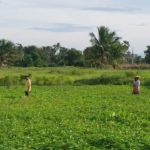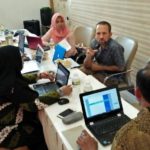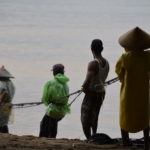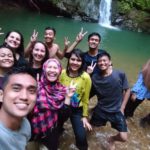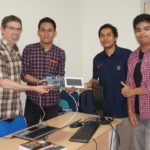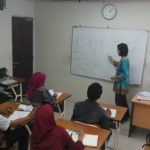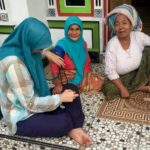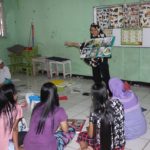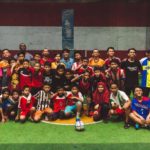
The soccer World Cup in Russia has finished but play continues for young men and women in Jakarta, Indonesia, where SEEDS partner Yayasan Pendar Pagi (YPP) has established a sports and leadership program. More than 40 young people from Kalianyar, West Jakarta, attend weekly training sessions coached by community volunteer Nurmansyah and former professional player Emeka.

